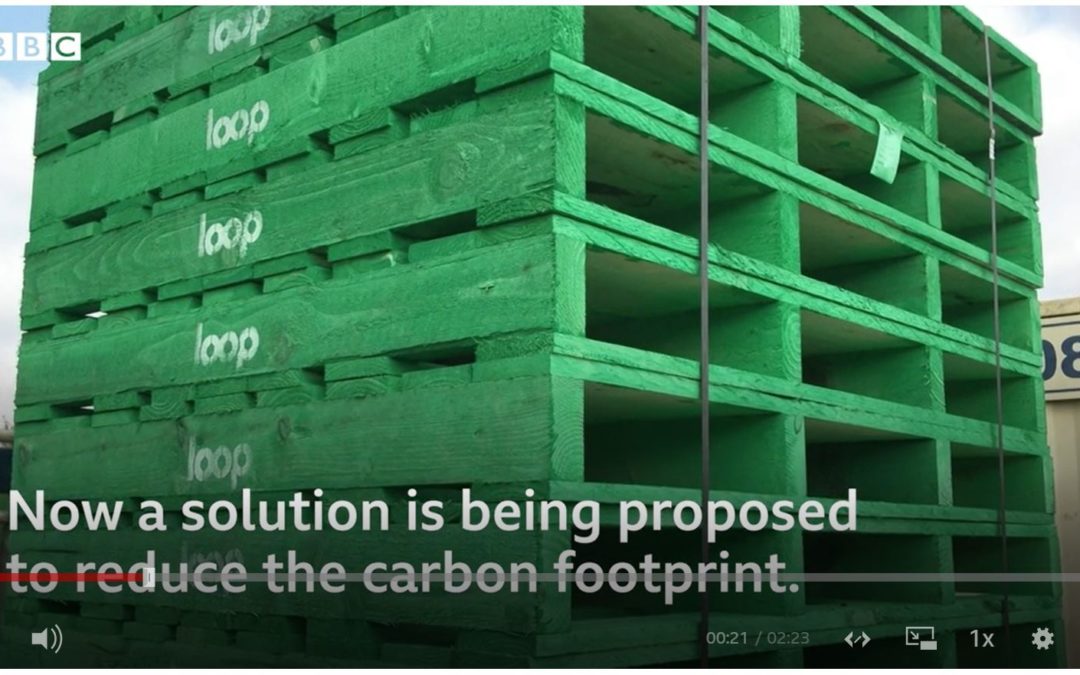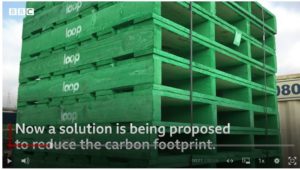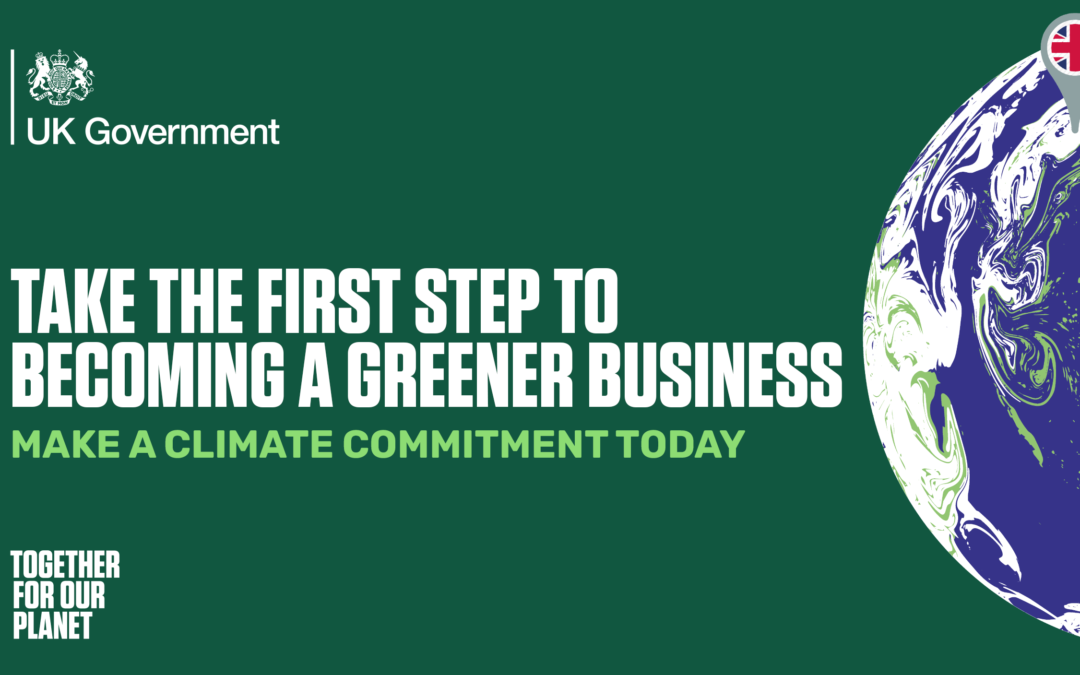As the world prepares for COP26, the time for action and concrete agreement to reduce carbon emissions and invest in our future is now. Government and industry have a crucial opportunity to agree tangible commitments, benefitting future generations across the world.
Our role as part of the Built Environment and Construction Sector (which accounts for 38% of global carbon emissions) is vital. The Construction Leadership Council’s Construct Zero programme is leading the industry’s drive to net zero and has announced its confirmed line-up for ‘Construction: The Built Environment’ at COP26 on 11 November.
The role of our industry young professionals, working in partnership with industry leaders is fundamental to delivering on Net Zero. They have passion, and some fantastic ideas were heard through the youth COP summit in Milan and CLC’s young people’s summit. To facilitate the voice of young professionals, 50% of tickets will be allocated to young professionals.
The session will be co-chaired by Sarah Linnell (Cundall). Sarah brings with her an exciting array of relevant knowledge and experience as a structural engineer turned sustainability engineer. This will provide a great opportunity for young people to engage at this session and work with our industry leaders.
Attendees will also hear from Actuate UK, Saint Gobain and the Construction Industry Council on how they, as Construct Zero partners, are already advancing the importance of retrofit, materials, and design/professional services in delivering Net Zero.
There will be debate on some of Construct Zero’s priorities with four current Business Champions (Keltbray, Costain, Atkins and Travis Perkins), identifying some of the challenges they face, and opportunities to share best practice.
Also beign r eleased is ‘Building a Greener Britain’. This exciting film reaches out into local communities, demonstrating some of the great work taking place across the sector. Streamed online through COP26’s YouTube channel, CLC will be bringing the challenges and opportunities of Net Zero to industry, leaders, SMEs, young industry professionals and the general public. If you want to make a difference to our growing sector, understand in detail how colleagues have overcome similar barriers to what you are experiencing, or have a group of interested young emerging professionals, please sign up and register for the event!
Andy Mitchell, co-chair of the CLC said:
“The world will be watching as the Construction Leadership Council takes the stage as part of events at COP26. I am delighted with our line-up of industry experts who can speak about the role that construction can play in delivering net zero carbon. We hope that they can lead change not just in the UK but promote better outcomes for construction worldwide”.
Hannah Vickers, CLC CO2nstructZero and Chief of staff at Mace said:
“COP26 has the potential to be a landmark moment for the planet, and it’s outcome will have a great impact on the construction sector in the UK. The Construction Leadership Council has a huge role to play as our sector transforms itself over the coming years, and we’re very pleased to able to announce the line up for our event on Cities and the Built Environment Day at the conference. I would encourage everyone in the industry to get involved in anyway you can – our industry is changing quickly, and we must work together current and future leaders to ensure success”.
It’s free to attend, a great learning opportunity live in the COP Green Zone and an opportunity for you to put your questions to our speakers. It promises to be a fascinating series of debates as the construction sector engages at COP26!
Only by working together, in partnership, and building on COP26, will we collectively build back better, faster and greener.






